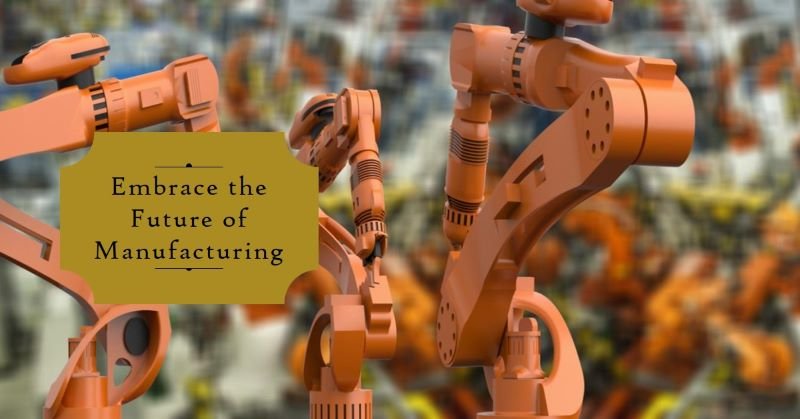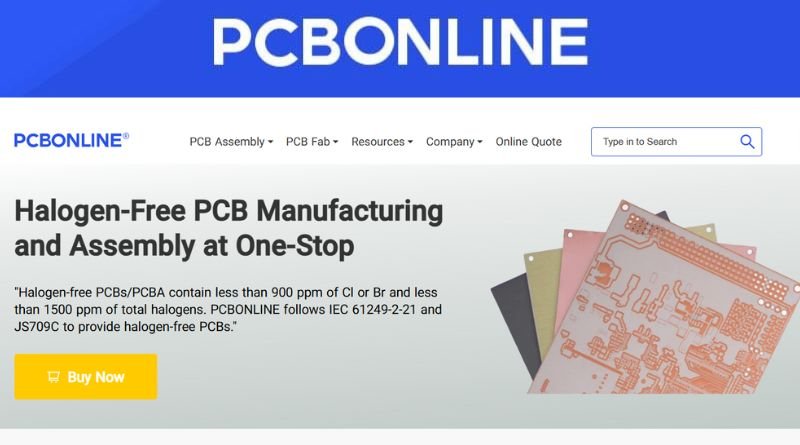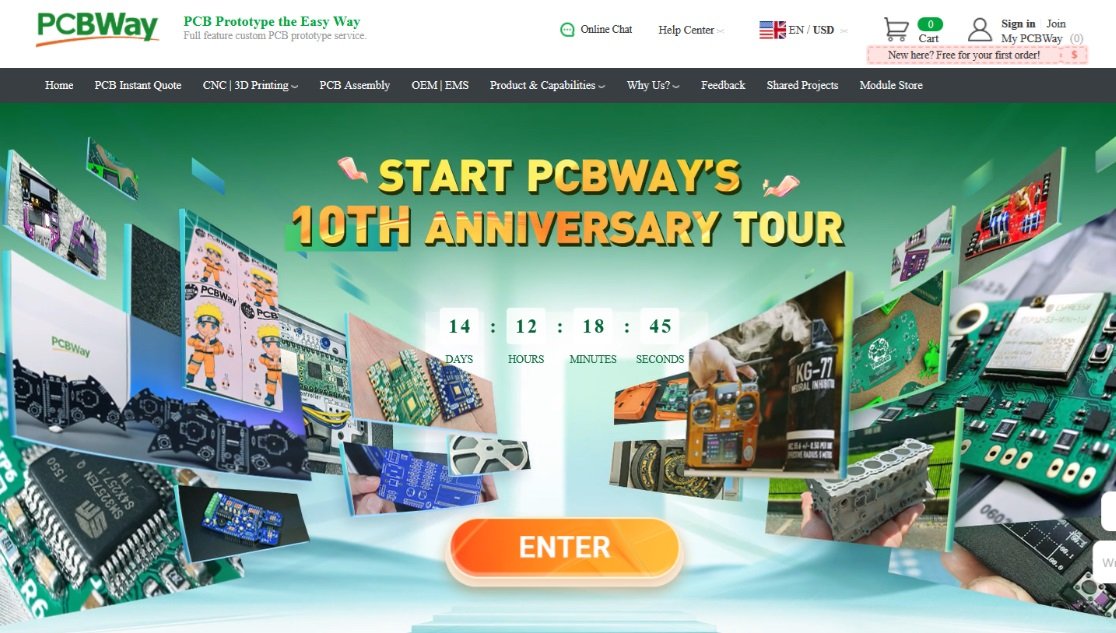Embracing Robotic Automation: Transforming Manufacturing for the Future
In the rapidly evolving global marketplace, manufacturers are increasingly turning to automation to stay competitive. Both small businesses and large corporations are leveraging robotic automation to enhance productivity and free human workers from repetitive tasks. Modern industrial robots, equipped with advanced features such as computer vision, machine learning, and soft-touch grippers, are becoming more affordable and safer to work alongside humans, driving the widespread adoption of automation in manufacturing.
Top Ten Benefits of Robotic Automation in Manufacturing
1. Boosted Productivity and Efficiency
Robotic automation significantly enhances factory productivity and efficiency. Industrial robots can operate non-stop, performing precise and repetitive tasks quickly and reliably. This capability dramatically increases factory output and elevates the roles of human workers. With platforms like Forge/OS, programming robots and integrating them into production lines becomes more efficient, reducing cycle lead times and boosting overall efficiency.
2. Enhanced System Flexibility
Industrial robots are designed to be highly flexible. Manufacturers can easily retool, redeploy, and reposition robots for new production programs and applications. This flexibility is particularly valuable in high-mix, low-volume production environments where product requirements frequently change. With intuitive interfaces like Forge/OS, robots can quickly switch between different products without lengthy changeover times, streamlining production processes.
3. Upgraded Product Quality
Robots excel at performing specific tasks consistently, reducing human error and improving product quality. By minimizing errors during production, manufacturers save time and resources that would otherwise be spent on corrections. Properly maintained industrial robots ensure consistently high product quality, enhancing customer satisfaction and brand reputation.
4. Increased Cost Savings
Automation reduces production lead times and increases overall productivity, leading to significant cost savings—ranging from 20% to 60%. Operating costs decrease as human labor is reallocated from repetitive tasks to strategic roles. Although the initial investment in industrial robots may seem high, the cost has decreased by over 50% in the past 30 years. Manufacturers can recoup their investment and realize profits within an average of two years, with some achieving this in under one year.
5. Elevated Workplace Safety
Industrial robots can perform dangerous or hazardous tasks, such as lifting heavy weights, working with blades or lasers, and exposure to fire or gases. By shifting such tasks to robots, manufacturers can safeguard employees, reducing workplace accidents and injuries. This proactive approach helps maintain a healthy and safe work environment for human workers.
6. Heightened Customer Satisfaction
Automation reduces product variability and accelerates the release of new products, leading to higher customer satisfaction. Consistent product quality and timely product updates result in positive reviews and word-of-mouth referrals, driving revenue growth. Industrial robots ensure that customer-requested changes are implemented quickly and seamlessly, further enhancing customer satisfaction.
7. Advanced Data Analytics
Modern industrial robots equipped with machine vision technology and wireless Internet connections can track detailed production data. This data, integrated with analytics applications like Forge/Sight, provides factory owners, managers, and operators with insights into process improvement opportunities. Detailed data analysis and machine learning also enable robots to perform quality checks, reducing the need for post-manufacturing inspection.
8. Reduced Waste
Precision in production allows manufacturers to maximize material usage and minimize waste. Industrial robots are programmed for precise and consistent product creation, ensuring materials are used efficiently. This precision helps save money and promotes conservation within factories by optimizing resource usage.
9. Gained Floor Space
Many industrial robots are designed with compact and mobile bases, allowing them to fit into small spaces and be mounted on ceilings or walls. This flexibility saves valuable floor space, enabling manufacturers to use space more efficiently. Automated production reduces the need for sprawling factory setups, allowing for more compact and streamlined operations.
10. Freeing Workers for Higher-Value Tasks
As robots take on repetitive tasks, human workers can focus on higher-level, strategic tasks that require expertise and flexibility. This shift allows workers to contribute directly to company success by driving production efficiency and innovation. Engaging in more meaningful tasks also boosts worker satisfaction, reduces turnover, and alleviates hiring challenges.
Conclusion
The benefits of industrial automation are compelling, making a robotic approach to production essential for manufacturing companies of all sizes and industries. Even small manufacturers can now compete globally with large multinationals, thanks to the advantages of robotic automation. Embracing this technology not only enhances productivity and efficiency but also ensures higher product quality, cost savings, workplace safety, and customer satisfaction, ultimately driving long-term success in the competitive global marketplace.







